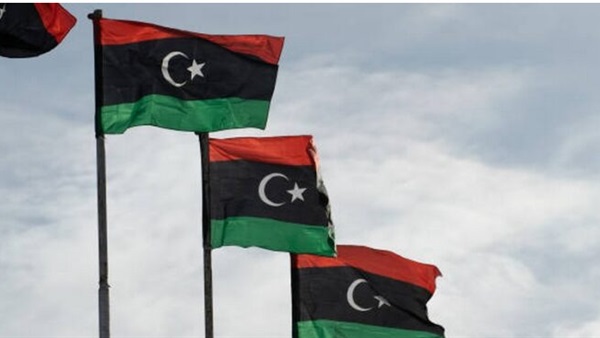Libyan parliamentary head proposes new executive authority, but expert doubts it will be accepted

With Libya facing a political impasse, the head of the
Libyan House of Representatives, Aguila Saleh, has proposed the formation of a
new executive administration responsible for managing the country, replacing
the current government. Saleh suggested during his speech at the annual
"Libyan-American Relations" conference that the new executive
authority should consist of 45 members from the House of Representatives and
the state council and operate under international supervision.
According to Saleh, the new authority's mission would be to
meet citizens' needs, facilitate the postponed 2022 elections, remove foreign
forces from the country, and ensure fair distribution of wealth among Libyans.
He also argued that the House of Representatives is the internationally
recognized elected legislative authority and has the original right to prepare
and issue legislation, grant and withdraw confidence from the government.
However, Mohamed Fathi Al-Sharif, a Libyan affairs expert
and head of the Arab Center for Research and Studies, said in exclusive
statements to "Al-Muraja" that Saleh's proposal closely resembles the
UN-created Committee 75, which resulted in the formation of the Abdulhamid
Dbeibah government. Sharif added that Saleh's proposal centers around one of
the most critical challenges facing Libya, which is to unify around an
executive authority that would be accepted by different factions.
Sharif believes that Saleh's proposed authority should
obtain the House of Representatives' confidence as the latest elected authority
in the country (2014) and then gain international acceptance by operating under
the UN mission in Libya's supervision. He also noted that Saleh's proposal
seeks to establish a new political path, but he considered it a source of
further confusion for Libya.
Sharif excluded the possibility that Saleh is relying on the
American side to implement his proposal, stating that the US has never played a
constructive role in Libya's affairs.







